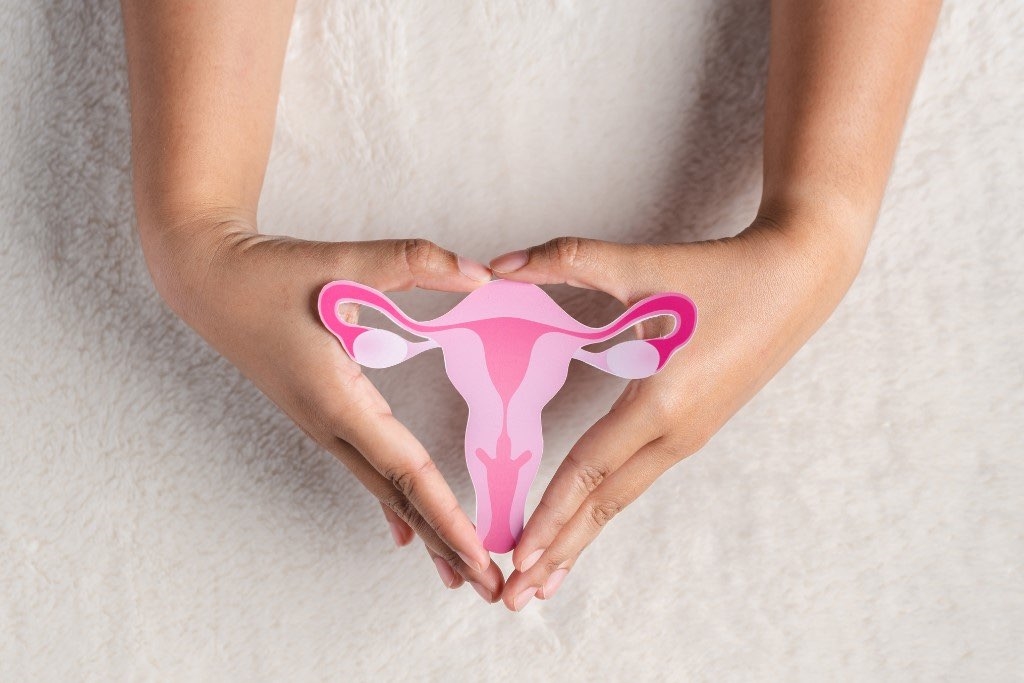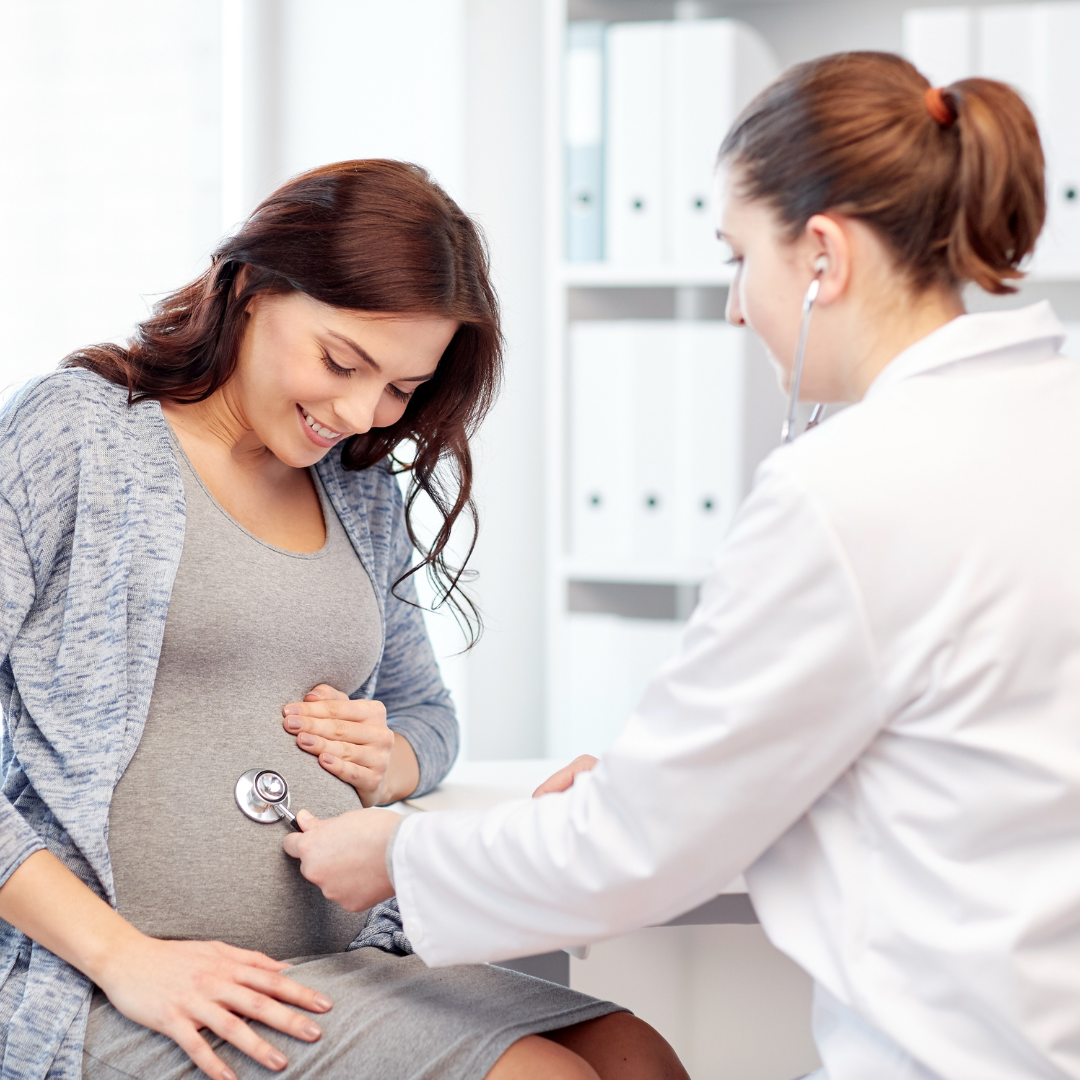Why are women's health concerns dismissed so often?
Endometriosis UK have released shocking facts that despite Endometriosis being the second most common gynaecological condition in the UK, affecting 1 in 10 women in the UK (1.5 million), it still takes a shocking average of 7.5 years to get diagnosed with Endometriosis.
Endometriosis is a chronic medical condition that affects millions of women. It occurs when tissue similar to the lining of the uterus, known as endometrium, grows outside the uterus, typically in the pelvic area. This displaced tissue can cause pain, inflammation, and the formation of adhesions or scar tissue.
Endometriosis is a condition that can cause a variety of symptoms, and if you suspect you may have it, it's important to take action. Here are common symptoms of endometriosis and what to do if you think you have it:
Common symptoms of endometriosis:
- Pelvic pain: Chronic pelvic pain, especially during menstruation, is a hallmark symptom.
- Painful periods (Dysmenorrhea): Severe menstrual cramps that interfere with daily life.
- Painful intercourse: Pain or discomfort during sexual intercourse.
- Painful Bowel Movements or Urination: Discomfort or pain during bowel movements or urination, particularly during menstruation.
- Heavy menstrual bleeding: Excessive menstrual bleeding or irregular periods.
- Infertility: Difficulty getting pregnant or recurrent miscarriages.
- Gastrointestinal Symptoms: Diarrhoea, constipation, bloating, or nausea, especially during menstruation.
Endometriosis is seen as a complex and often misunderstood condition, and its exact cause remains unclear which plays apart in the struggle to diagnose. Although, early diagnosis and appropriate management are crucial for alleviating symptoms and improving the quality of life for women affected by this condition.
The recent Women’s Health Strategy for England reported that more than 4 in 5 (84%) women responding to their survey had at times felt that their healthcare professionals were not listening to them. We look further into ‘Medical Gaslighting’ and why women are often ignored or misdiagnosed.
Challenges in communication
Effective doctor-patient communication is crucial for accurate diagnosis and treatment. However, the failure to establish open dialogues can hinder proper understanding of women's health concerns. Women may find it challenging to articulate their symptoms, and doctors may not delve deep enough into understanding the underlying issues. At Pall Mall we offer longer consultations to ensure all your concerns are addressed. Our team of medical experts not only have a wealth of knowledge in gynaecology and obstetrics but know that care, support, and compassion play a key part in helping you with your diagnosis.
Endometriosis often goes undiagnosed as it's frequently dismissed as regular menstrual discomfort. Unfortunately, there's a notable lack of comprehensive research and testing in the field of women's health, making it challenging to detect. In many cases, a laparoscopy operation is necessary for a definitive diagnosis, even when MRI or ultrasound results appear normal. There is currently a maximum waiting time for non-urgent, consultant-led treatments is 18 weeks from the day on the NHS due to the struggle and demand they are under. At Pall Mall, our private hospital in Newton-le-Willows offers timely access to laparoscopy procedures without long waiting lists. To determine the most suitable course of action, we recommend starting with a consultation with our experienced gynaecologist.
The impact on women's wellbeing
The dismissal or misdiagnosis of gynaecological health concerns can have significant consequences on women's overall wellbeing. Conditions that are left untreated or mismanaged can worsen over time, leading to increased pain, discomfort, and emotional distress. Additionally, the frustration of not being heard by medical professionals can take a toll on women's mental health.
Reports from Wellbeing of Women shows pain affects women’s everyday lives with 4 in 10 women (41%) saying pain causes trouble sleeping, almost a quarter (24%) say pain has led to them feeling depressed, and 39% felt less able to exercise.
In total, 32% of women suffered from period pain as part of their daily lives, and 18% who suffer from endometriosis pain experienced it for three to five years. 65% of all the women surveyed would like more access to information regarding their pain.
The report also reveals that nearly a third of women (31%) said they didn’t want to waste their healthcare professional's time, and 27% said it was easier to self-diagnose due to wait times.
Empowering change
Addressing the issue of dismissing women's gynaecological health concerns requires a multi-faceted approach. Here are some steps that can contribute to positive change:
- Education and awareness: Increased education about women's health concerns and the specific challenges they face can help bridge the knowledge gap among healthcare professionals.
- Dismantling stigmas: Open conversations about menstruation, sexual health, and other sensitive topics can help break down taboos and make women feel more comfortable discussing their concerns and visiting a gynaecologist.
- Patient advocacy: Women can empower themselves by becoming informed about their bodies and health conditions. Seeking second opinions and advocating for thorough examinations can help ensure accurate diagnoses.
The dismissal of women's gynaecological health concerns is a troubling reality that continues to persist. Together, It's time to break the silence, challenge biases, and ensure that every woman's health concerns are taken seriously and treated with the attention they deserve.
You can click here to schedule a gynaecology appointment with our consultant gynaecologist and obstetrician, Mr Maiti for expert guidance, whether you're uncertain about your diagnosis or treatment plan and seek a second opinion or simply wish for peace of mind.
Keep in mind that early diagnosis and effective management are key to alleviating symptoms and enhancing your quality of life if you're dealing with endometriosis. Don't hesitate to seek the care you need.





